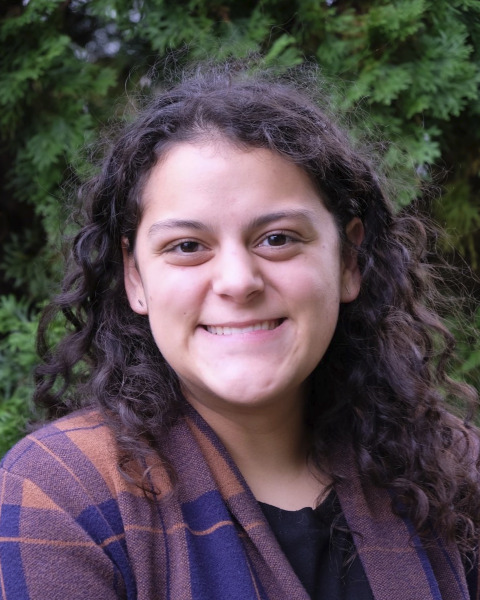10-Minute Presentation
Plant-Insect Ecosystems
Invasion in the land of fire and ice: The impact of non-native plant-pollinator interactions on native bumble bees in Icelandic heathlands

Morgan E. Christman
Research Biologist & USDA-NIFA-Postdoctoral Fellow
USDA-ARS
Columbus, Ohio
Elizabeth Sakulich
Graduate Student
The Ohio State University
Columbus, Ohio- LW
Liam Bennet Whiteman (he/him/his)
Graduate Student
The Ohio State University
Columbus, Ohio - KP
Kayla I. Perry (she/her/hers)
Assistant Professor
The Ohio State University
Wooster, Ohio 
James P. Strange (he/him/his)
Professor and Chair
The Ohio State University
Columbus, Ohio
Claudio Gratton
Professor
University of Wisconsin
Madison, Wisconsin
Presenting Author(s)
Co-Author(s)
Icelandic plant-pollinator interactions have been disrupted via the introduction of non-native plants and insects. Nootka lupine (Lupinus nootkatensis) was imported from Alaska to stunt soil erosion and address volcanic land degradation in the Icelandic highlands. Nootka lupine rapidly established in native heathlands, causing a loss of native flowers for Iceland’s only native bee, Bombus jonellus. Additionally, several species of bumble bees, including B. lucorum, have been introduced, increasing competition for native and non-native floral resources. Therefore, we evaluated the impact of Nootka lupine and B. lucorum introductions on B. jonellus populations in Icelandic heathlands. From 2017–2018, 1,298 foraging bumble bees were collected in Northeastern and Southwestern Iceland. Approximately 60% were collected from sites invaded by Nootka lupine. Using microsatellite genotypes, we determined sibship between the foraging bumble bees to estimate the number of distinct B. jonellus and B. lucorum colonies within invaded and non-invaded heathlands. We hypothesized that the effect of introductions on B. jonellus will be dependent on the presence of both Nootka lupine and B. lucorum. Specifically, Nootka lupine will be a source of pollen for B. jonellus in the absence of B. lucorum. However, in the presence of B. lucorum, Nootka lupine will increase populations of this territorial competitor. This will lead to a depletion in floral resource availability, resulting B. jonellus population declines. Overall, this research aims to elucidate the effects of non-native plant-pollinator interactions on native bumble bees in Iceland, providing valuable insights into how such invasions alter ecological dynamics.

.png)
